
Key performance indicators (KPI) for search engine optimization (SEO) are the foundation of a strong company that grows every year. Experts talk about KPIs that are essential for success. If you ask ten experts the most important KPIs for SEO, you'll get ten different answers. This is because KPIs depend on the situation and are made to fit each type of business.
One interesting thing about KPIs is that they are not always numbers that show where you are doing well. They can also show where more work needs to be done.
A lot of people, as they should, pay attention to metrics that are related to winning and work to improve them to increase sales, conversions, and other metrics that are related to winning. This is a good way to handle things.
But there are also (KPIs) that are linked to failure. Some could help you find new ways to be successful.
What Does a KPI Mean?
A KPI is a number that shows how well a company is doing at reaching its most important business goals. Most of the time, KPIs are shown as percentages.
Any company worth its weight in gold will have KPIs that measure everything from sales and marketing to product development and customer satisfaction. There is likely a KPI for almost every action done in your company.
But an essential thing to do is to keep track of the KPIs that affect your bottom line. These are the most important KPIs to keep an eye on.
One example of a KPI is the total amount of money your company made or how much money it made overall. Or, if we look at something more specific, like how much traffic your company gets from organic search queries.
Your search engine optimization strategy can use the following five KPIs, whether you do it yourself or pay an SEO agency to do it for you.
New and Returning Users as KPIs
As a KPI, the number of new and returning users can be used to improve web pages for higher conversions, especially on business-to-business (B2B) sites.
Many KPIs depend on the type of website and the people who visit it. In this way, using the number of new and returning users as a KPI is not very different from the idea of using any other KPI.
Most of us have clients with different success metrics, but they all have one thing in common: the site visitor needs to take a certain action, called a conversion event, usually by clicking something on the website.
To get more people to convert, you need to know how people get to the event.
We can get pretty good event metrics from Google Analytics, Google Search Console, and Bing Webmaster Tools that show how valuable a page is. The goal of these tools is to help web admins make their sites better for search engines. Using Google Analytics, it's easy to divide site visitors into two groups: first-time visitors and people who have been to the site before.
This gives a very different view of which pages on a website are the most useful to a certain group of site visitors. Even though new users are usually a much bigger part of the whole, the conversion rate for returning users is usually much higher than that of new users. People who have been to the website before and people visiting for the first time usually land on different pages.
SEO Agencies can make content that fits the site visitor's goals better when they know that new users are more likely to visit the site to find out about it and that returning users are more likely to visit to convert, and when they know which pages each group tends to move through on their way to converting.
Average Engagement Time
The average engagement time tells us how long, on average, the user's browser was focused on the website. That shows that the person probably looked at it.
The term "user engagement" refers to how we can measure how a website visitor interacts with its content. These metrics include how long users spend on the website, how many comments they leave, and how many times they choose to share the content on social media.
Getting a user to click on your website which doesn't interact with the content you offer is, at best, a pointless achievement. Engagement is a sign that someone is interested in what you have to say because it shows that they are willing to listen. In this situation, it is possible to click through by accident. Every act of engagement takes thought and work.
Non-Branded Organic Traffic
It's important to leave out brand-name searches when figuring out the real effect of your efforts on organic traffic, but a change in the percentage of non-brand-name traffic coming to your site is also a key sign of success and growth. Even though you don't want to count branded searches when figuring out how your work affects organic traffic.
Most of the time, branded traffic comes from people who already know about a company or have heard about it from someone else. A searcher may have seen one of your ads on social media, seen your most recent PR effort, or even met you in person at an event. It's important to remember that the person searching already knew who you were.
Even though this shows that one of the marketing channels is working, it's not likely to be traffic that can be directly linked to the things you do for SEO.
People who don't know your brand usually send you non-branded traffic by searching for keywords related to your products or services that you rank well for. In other words, this is traffic from people who probably didn't know about your business until they saw it on the search engine results pages (SERPs).
Conversions
This is whatever goal you set it to be, and you can find it in Google Analytics under the Conversions tab. One thing that might show this is the idea that a conversion is the same as a buy. In this scenario, you would make a goal in Google Analytics, with the order confirmation page as the last step. If someone looks at the page, they have finished their order.
There is no such thing as a "good" conversion rate in the real world. It depends on many different things, like your industry, the nature of the goal, and many other things. But it would best if you kept an eye out for big changes in value from one month to the next.
It's great when things change dramatically for the better, and you should find out why. Have you gotten more qualified leads this month than you did last month? How did they get there, to start with? How did they know where to find you?
Similarly, if your conversion rate drops in a way that worries you, you should look into it. Customers may not have been able to place orders on your e-commerce platform because of technical problems. Has a big traffic driver suddenly stopped being available?
Even though a financial return is the most important KPI for many organizations, it will inevitably take time to see results. Because of this, you shouldn't put all of your hopes on ROI.
Measuring and tracking organic conversions, which can be either sales or leads, is a good way to show how well something works (or both, depending on the configuration of your company). After all, it's easy to figure out that your work is why the number of organic conversions is going up.
Make sure you know the conversion benchmark before working on a campaign. If you don't, it will be hard to show that your results are better than what was already happening.
As a beginning point for figuring out how well your campaign is doing, you should figure out how many conversions happened on average in the three months before you started your campaign.
In Google Analytics, you can measure goals for lead conversions and use the e-commerce report to track sales by channel. This lets you keep an eye on conversions. There are options for both of these.
Leads
Even though it might be hard to keep track of leads generated by an SEO campaign, it is important to make an effort to do so because it will help everyone involved in the process understand how important the work is.
If leads are coming in and can be traced back to SEO, then the people in charge of SEO are doing a good job, no matter how the other KPIs look.
How Long Does It Take for SEO to Start Showing Results?
Implementing an SEO plan to increase your website's visibility and rank on Google is more a marathon than a sprint. Think of each SEO campaign you run as a small part of a bigger project. Your timeline will also be affected by how long ago you started your website, your SEO plan works, and how often you use your strategies.
If everything goes well, you can expect to see results anywhere from four months to a year after you start. Keep in mind that the websites you're competing against and the keywords you're trying to rank high for will affect how people view your site and where it appears in search results. You might also see faster results for backlinks, but the crawl speed for keyword ranking and site authority might be slower.
The best option to tell if you are making progress is to put a marketing plan into action, keep track of the results, and change and improve your methods as you get new information. SEO is a long-term investment that needs to be done consistently. Your bottom line will show how much it helped you in the long run. If you focus on how long something lasts instead of how fast it works, you will get the benefits for a longer time.
So, how do you go about figuring out the right KPIs?
Tracking all of the available metrics simultaneously is a waste of time. You need to choose the specific group of KPIs based on the goals of the project you're working on.
Here are the most important considerations to think about when choosing KPIs to measure the results of your SEO efforts:
- Know what you want to achieve. What do you want to get out of this? If you want more people to visit your website, you should give yourself a specific goal, like "increase the number of visitors by 30% by the end of the year."
- Give the budget the green light. Make a plan for how much you can spend on SEO before starting.
- Make sure you choose the right tools for keeping an eye on things. Are you ready to buy monitoring tools that you can trust? You should be able to automate the tracking process to save time and get more detailed results.
Wrap-Up
SEO requires measurement and tracking, just like any other service that you pay for. This lets you know if your campaign is making you money or not.
And the best way to do this is to set up and measure at least the top three KPIs listed above. This will allow you to make smart, fact-based decisions about your SEO efforts.
It is important to keep in mind that SEO is a strategy for long-term marketing. Therefore, if you are starting with SEO, be patience and allow the search engines some time to comprehend and catalog the work that you are doing on your website.
After reading this guide, you should now be aware that it takes a significant amount of effort to achieve high ranking search engine results. You still have to put in a lot of effort even if you've already achieved the pinnacle of your industry.
About the Author
Related Article
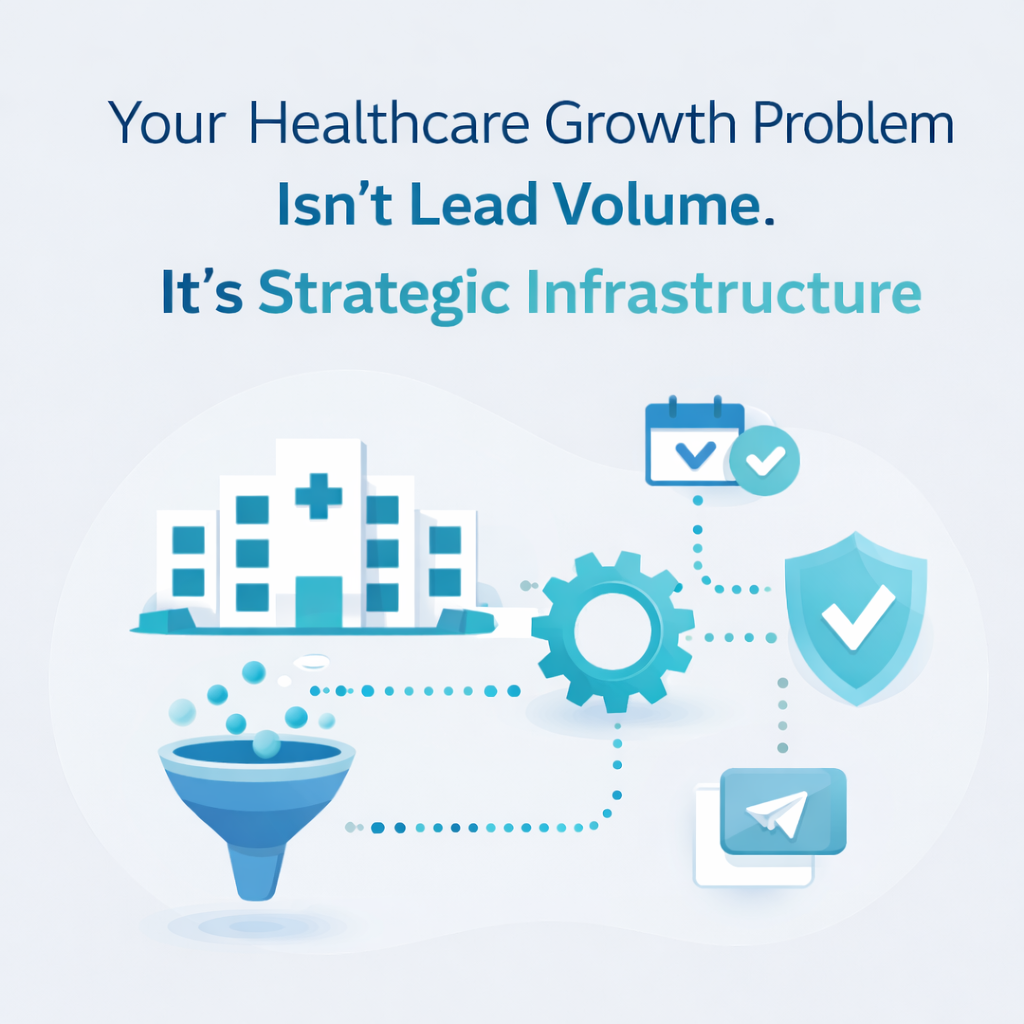
Your Healthcare Growth Problem Isn't Lead Volume. It's Strategic Infrastructure
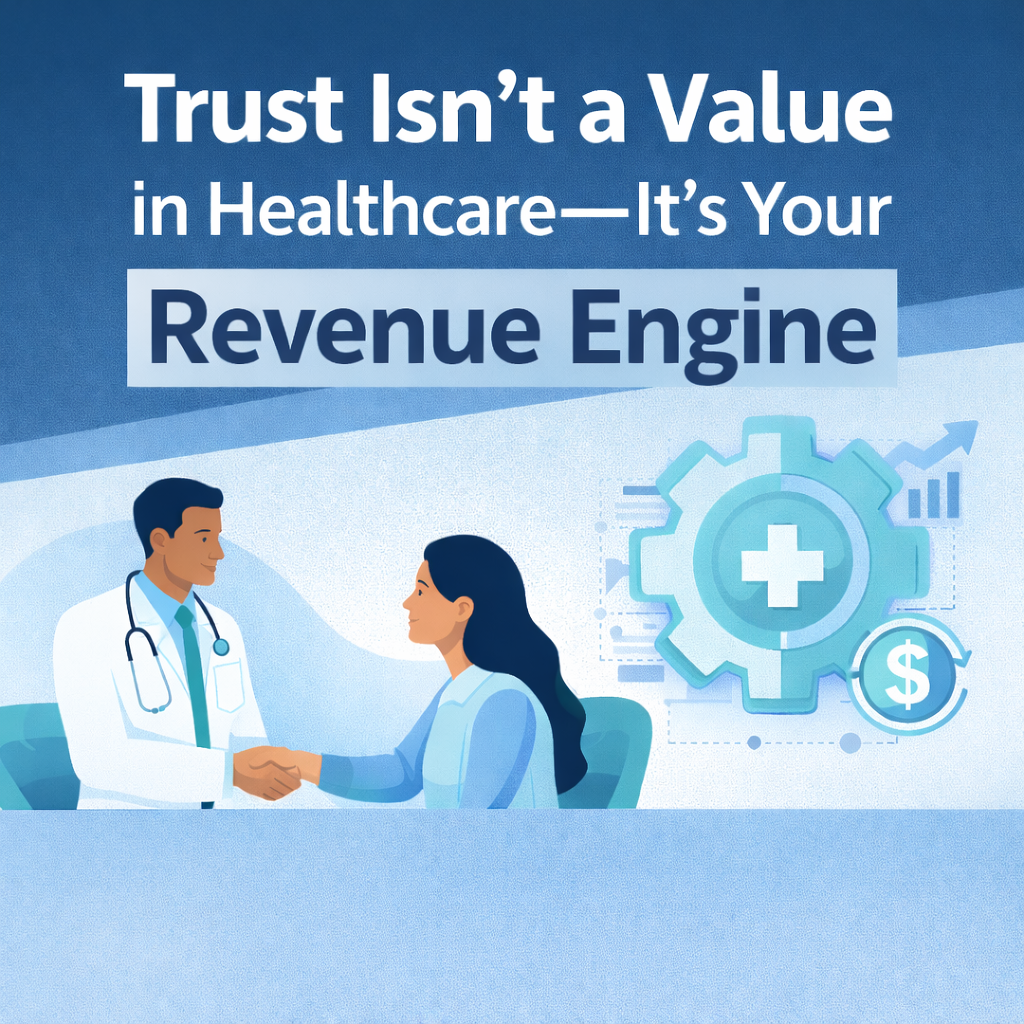
Trust Isn't a Value in Healthcare—It's Your Revenue Engine
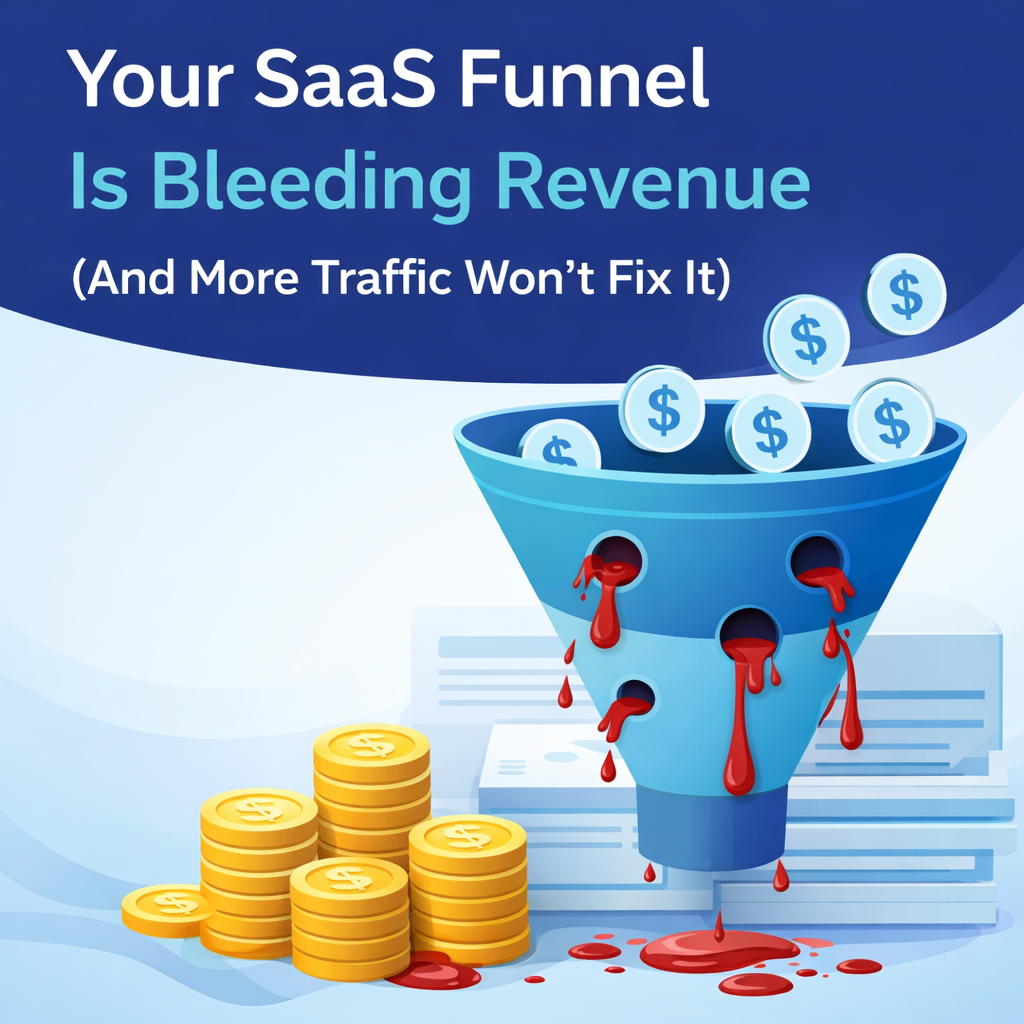
.png)







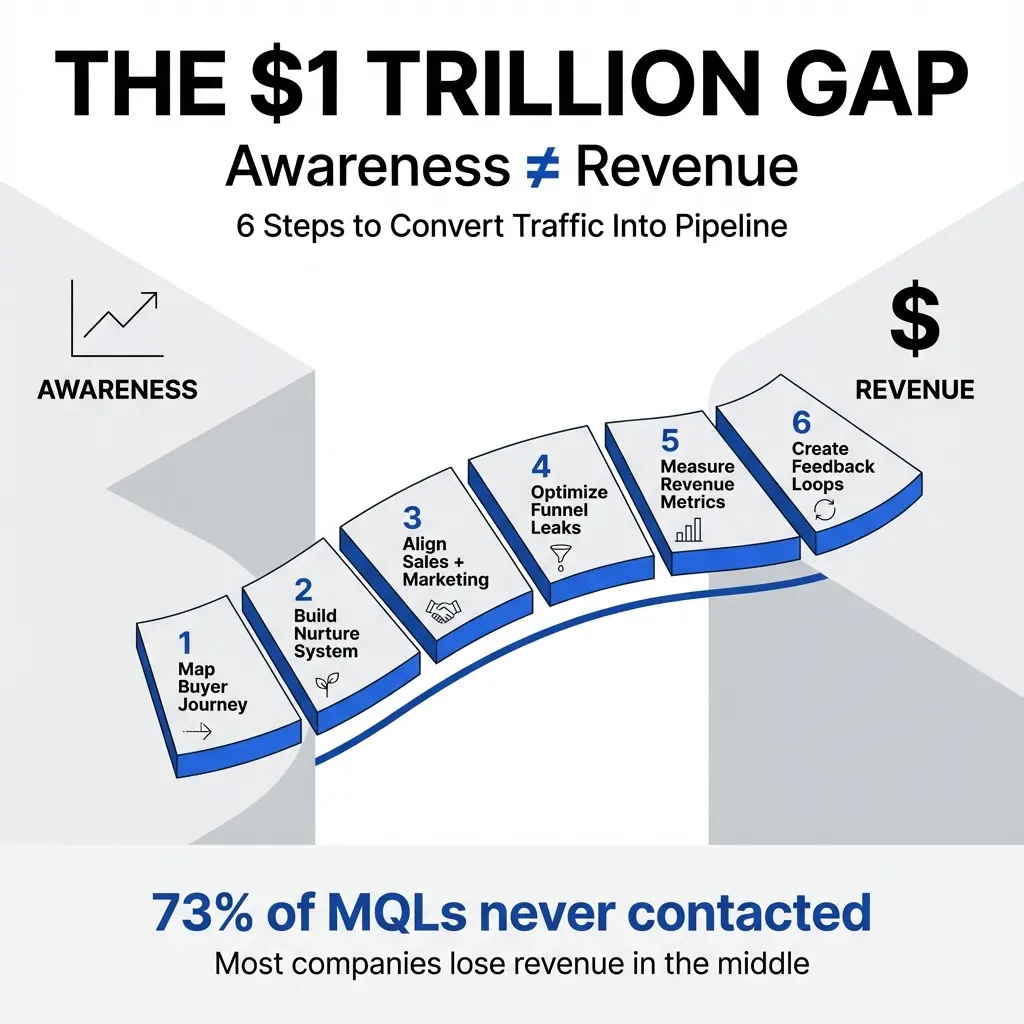
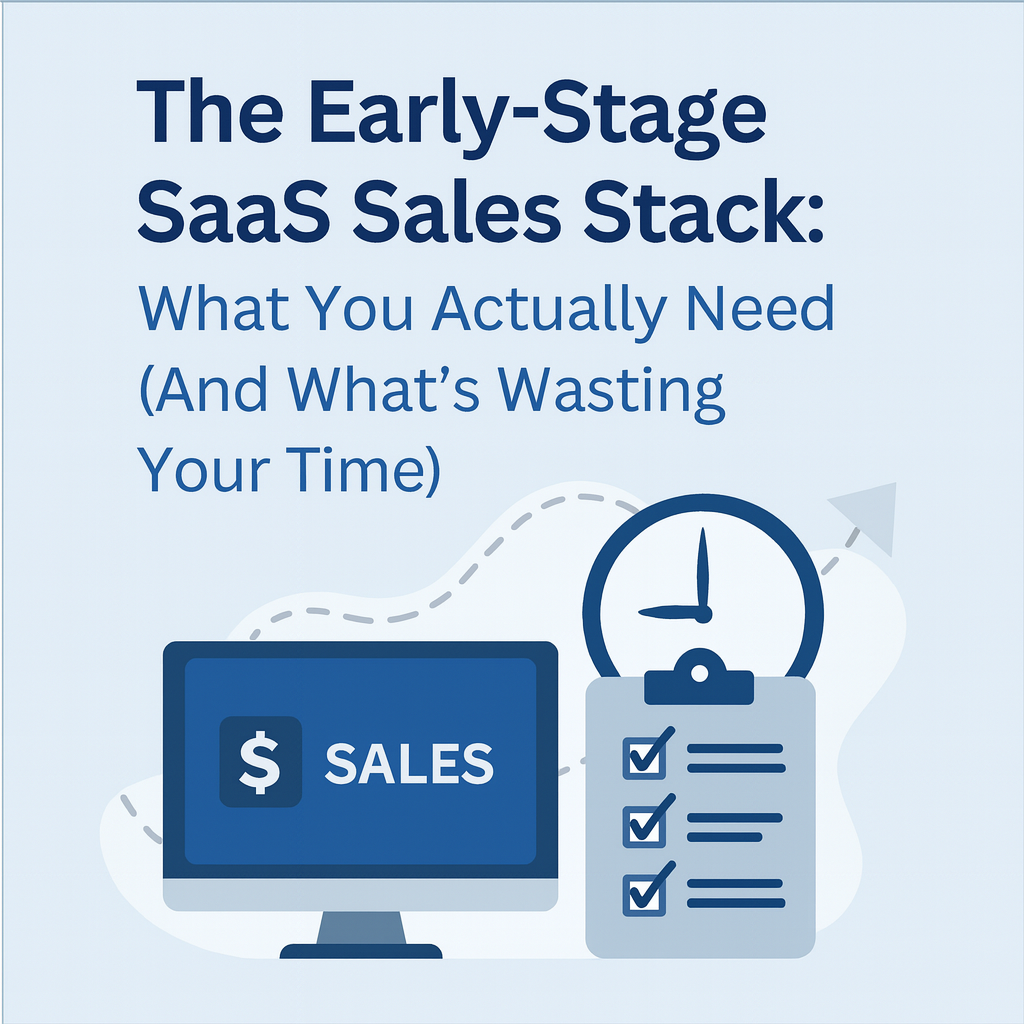


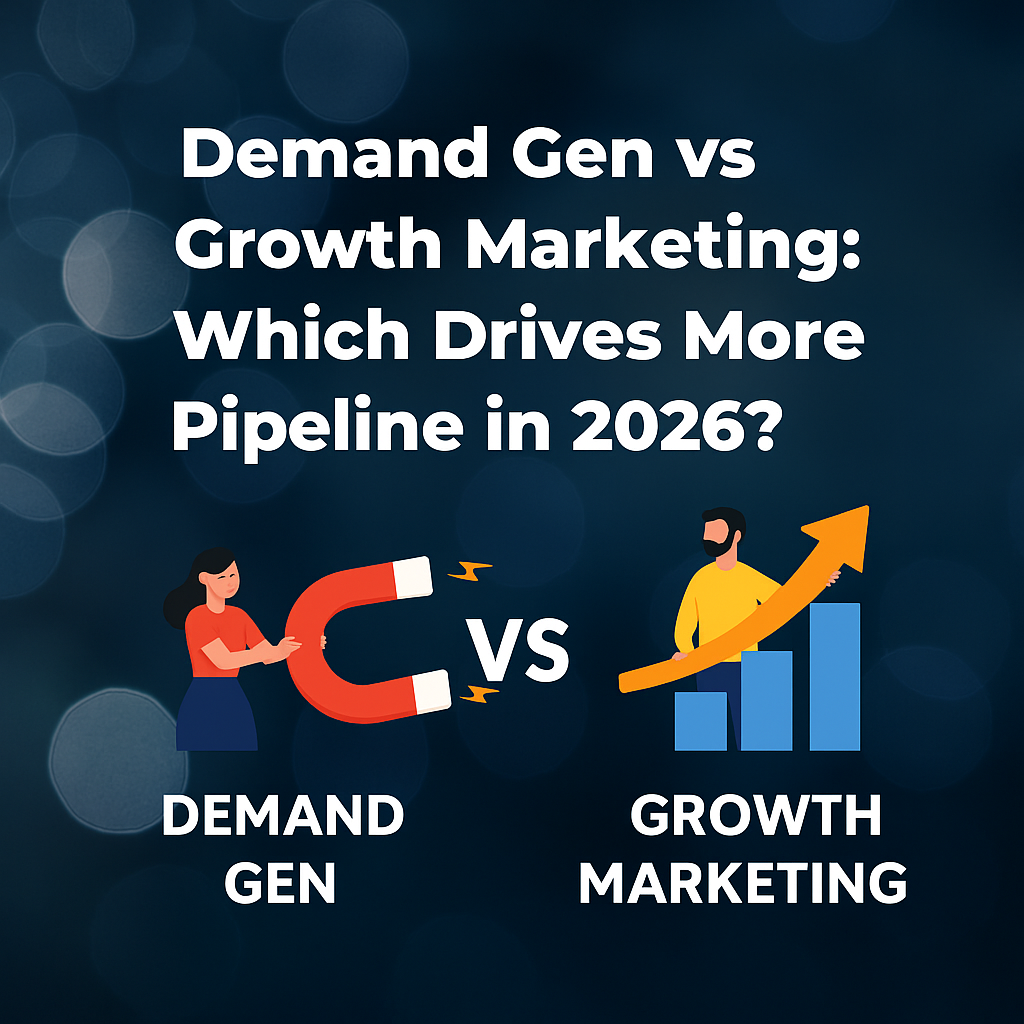
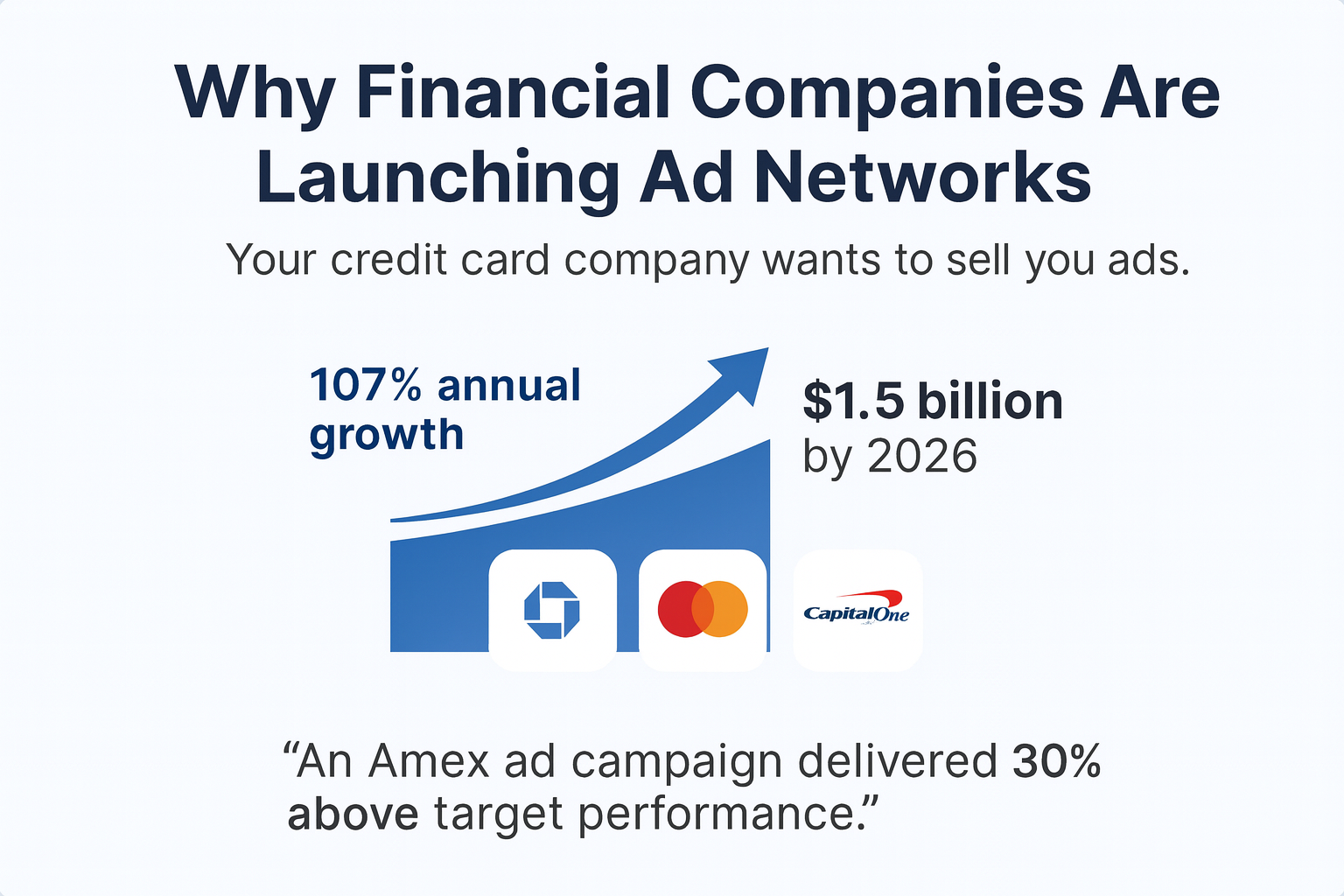
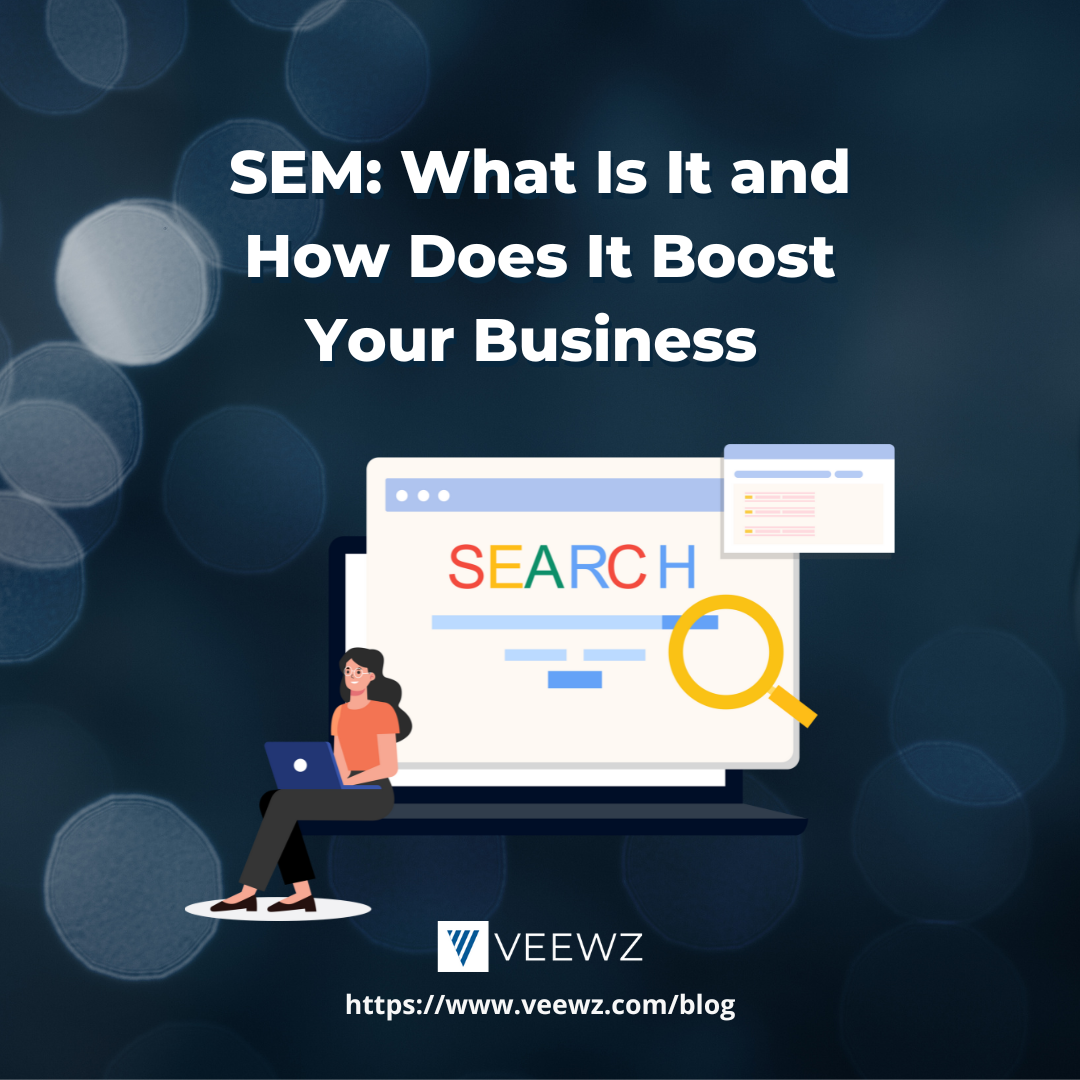
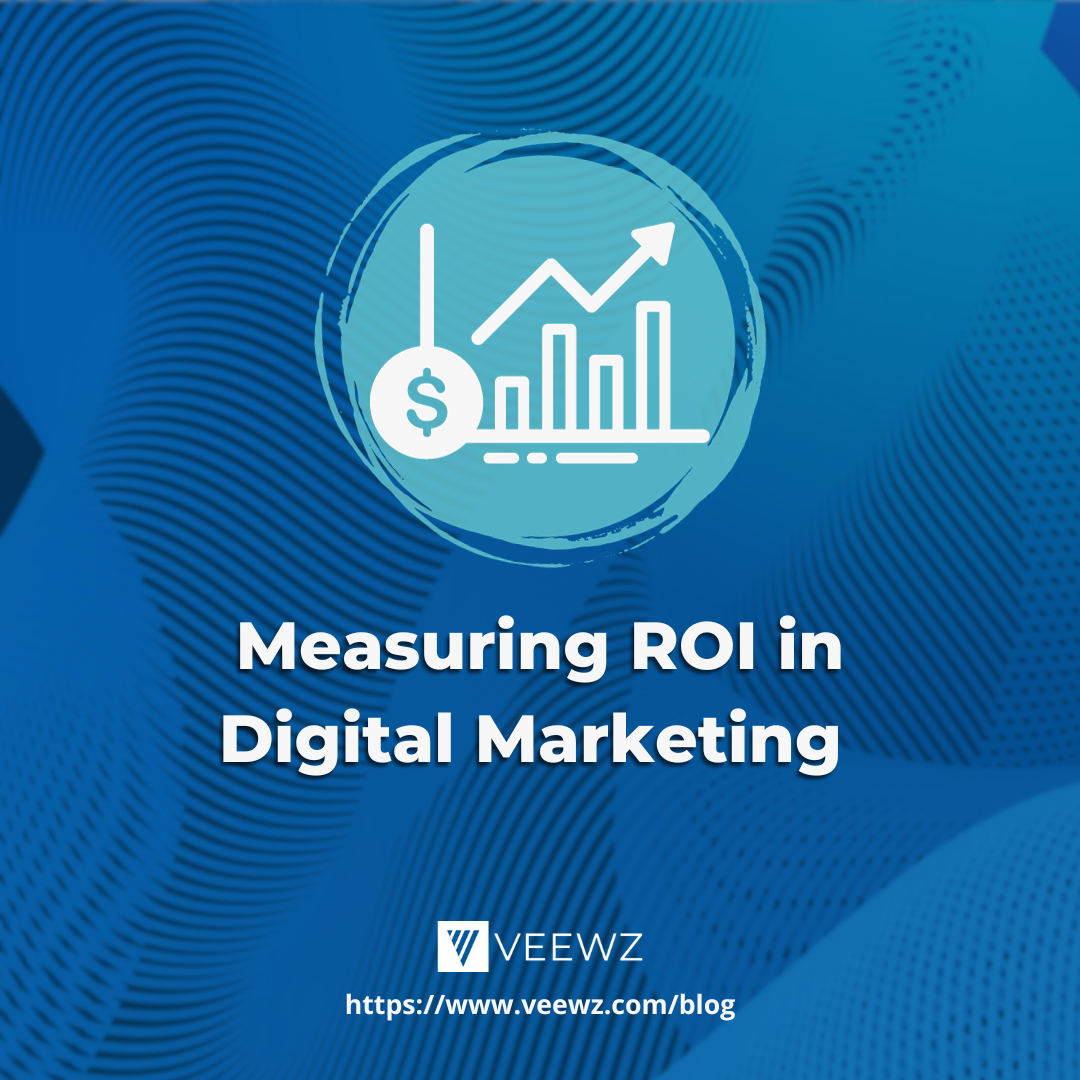
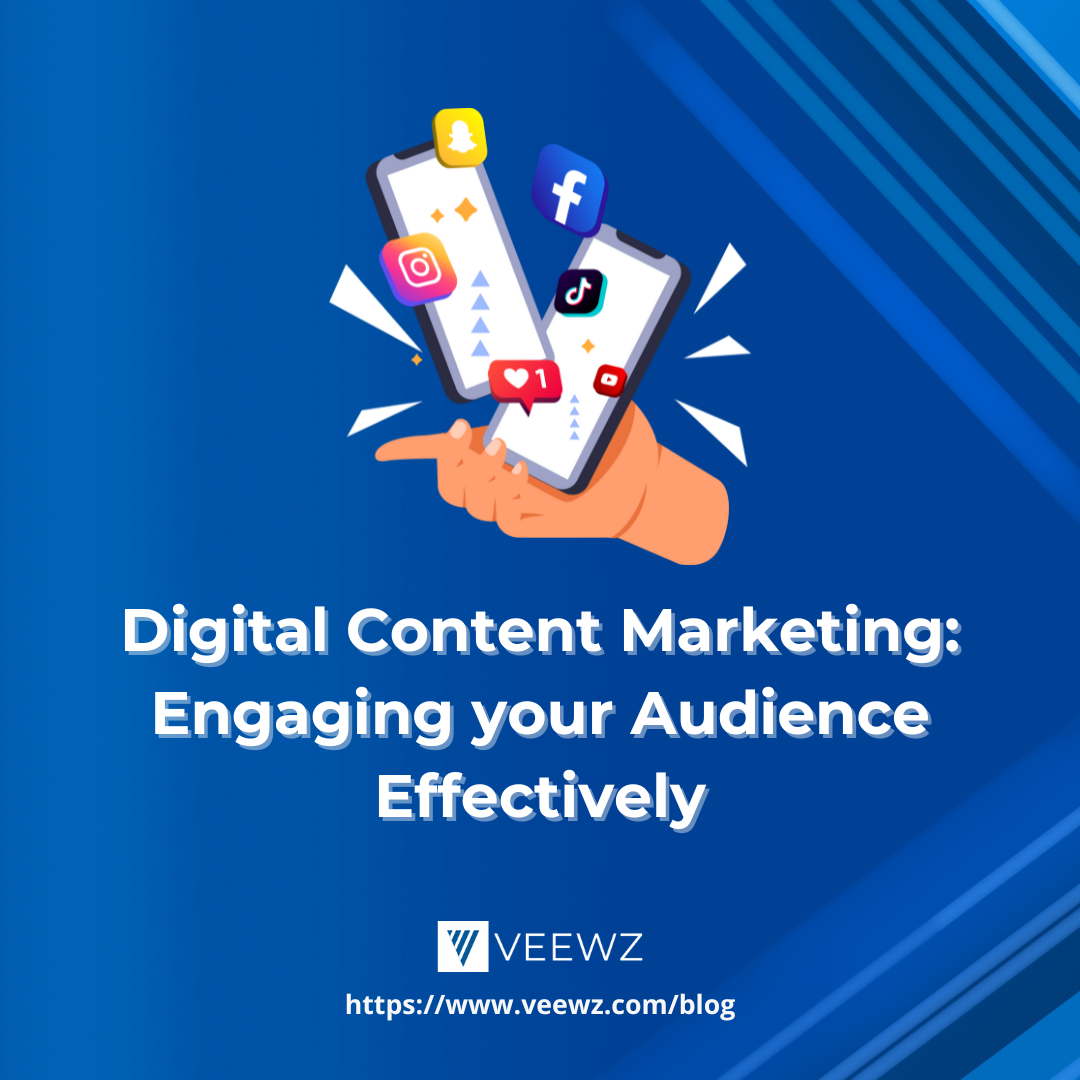






.png)





















.png)

.jpg)





.jpg)




